To Be Ready for Kindergarten, Teachers and Researchers Say Social-Emotional Skills Are Key
Edsurge
SEPTEMBER 10, 2024
One is physical development, including gross motor skills, which allow kids to run, hop and skip, as well as fine motor skills, which help children hold a pencil or use scissors. Another is cognitive development, such as reasoning and problem-solving.

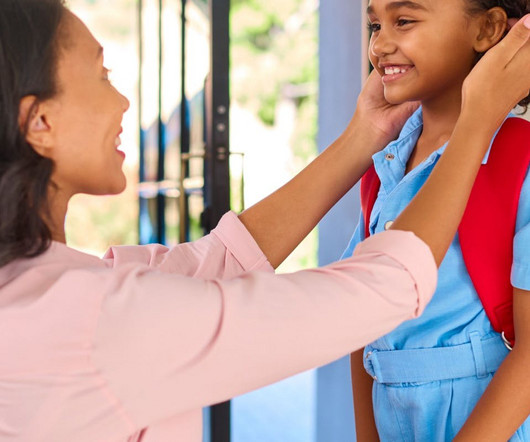

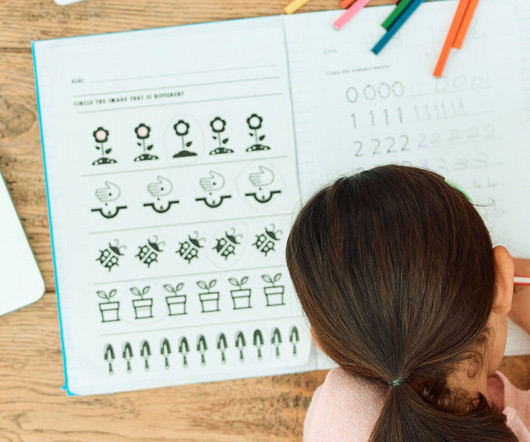


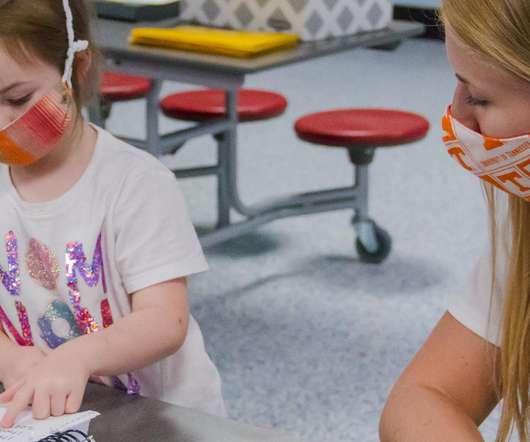

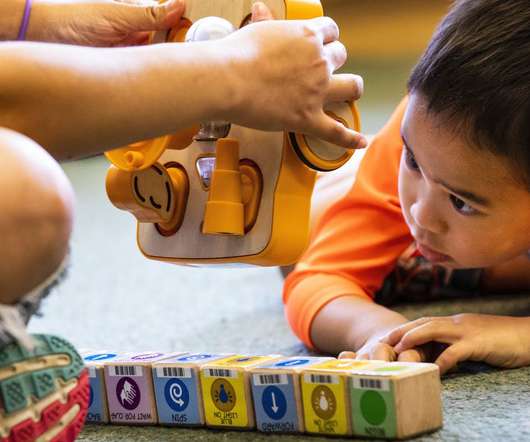
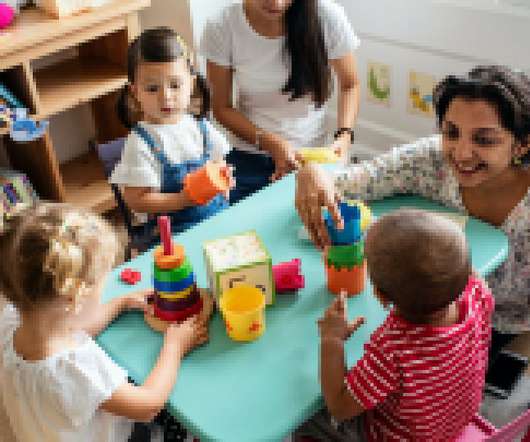
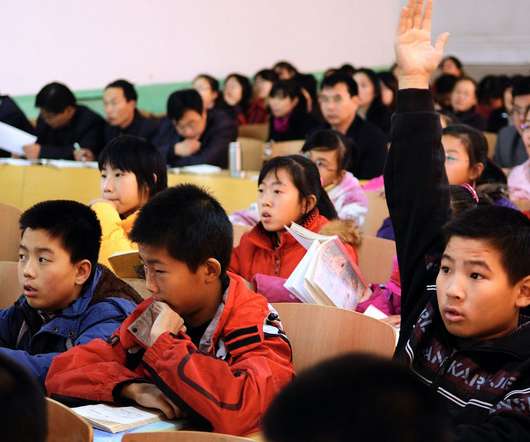



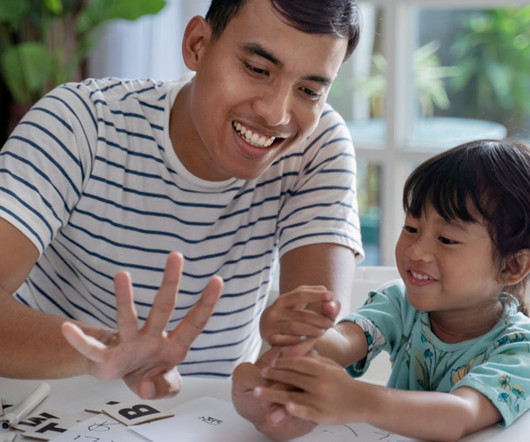
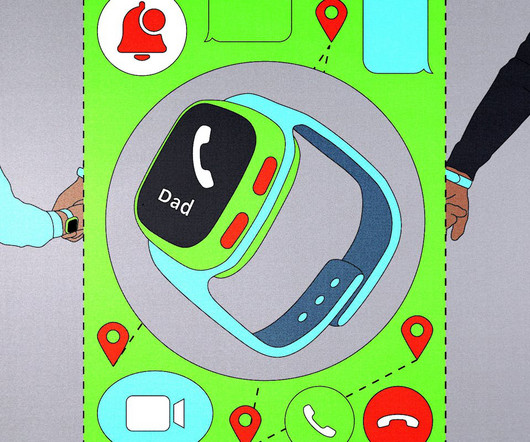






Let's personalize your content